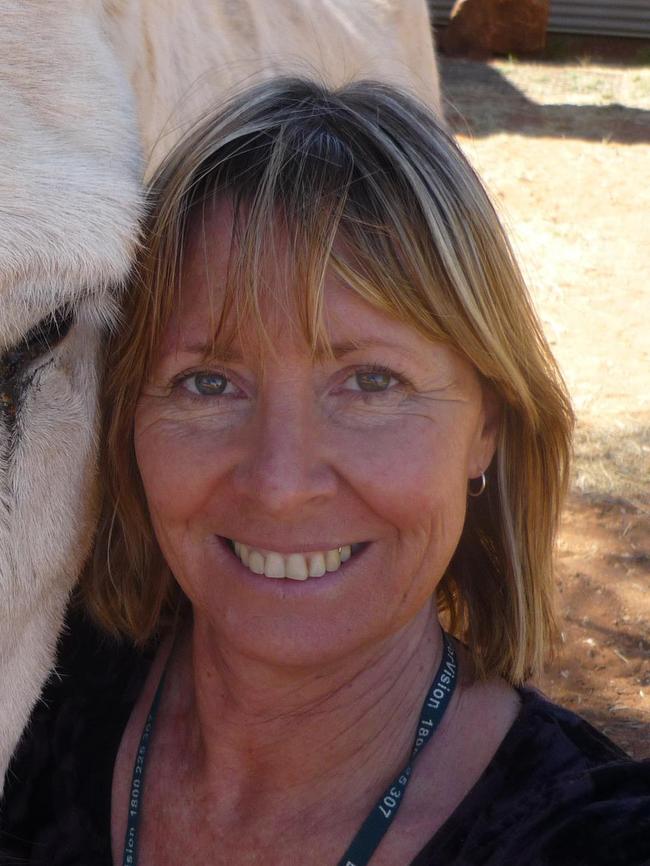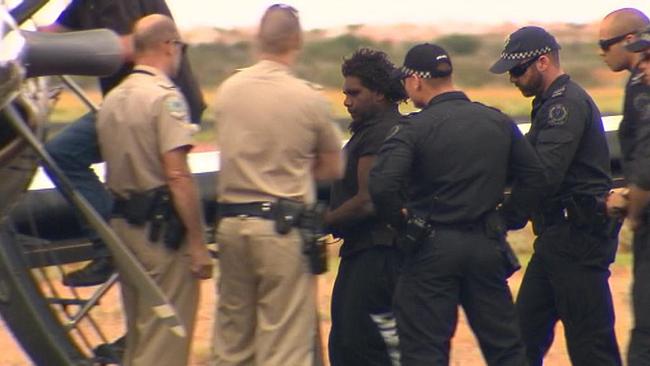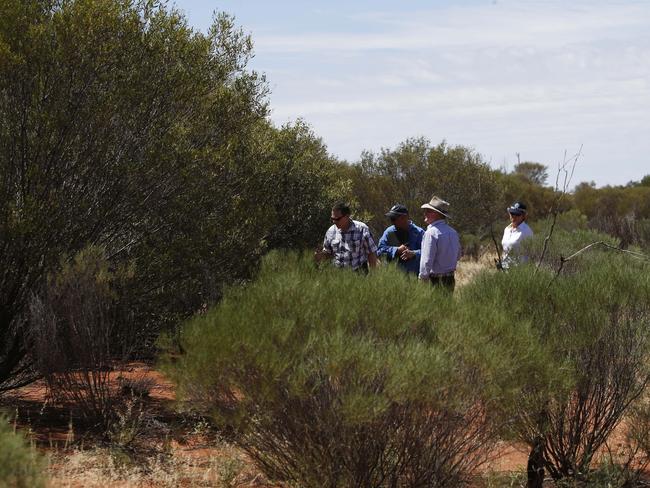SA Outback nurses left to work alone after Gayle Woodford’s death despite NT Government’s new rule they be escorted
OUTBACK nurses are demanding escorts for patient call-outs, after the Northern Territory Government introduced safety measures to protect its rural health workers.
SA News
Don't miss out on the headlines from SA News. Followed categories will be added to My News.
- REMEMBERED: Gayle Woodford’s family speak out
- SOLIDARITY: Nurses unite to honour Gayle Woodford
- CHANGES: Tens of thousands back push for Gayle’s Law
- IN COURT: Nurse-murder accused fears payback
OUTBACK nurses are demanding escorts for patient call-outs, after the Northern Territory Government introduced safety measures to protect its rural health workers.
While the NT is taking action, South Australia — where remote area nurse Gayle Woodford was abducted and killed in March — is not.
SA Health Minister Jack Snelling insists it will not always be possible for nurses to be accompanied by a colleague or escort when they are called out to remote homes.
But SA’s remote nurses want the same protection NT colleagues, who will no longer be required to attend appointments or emergency call-outs unless they are accompanied by another person.
One of Australia’s most respected nurses, Anne Carey, said some remote health workers had been bullied by managers when they had raised concerns about their personal safety.

“They complain about safety but then are given a hard time and leave because of that,’’ Ms Carey said.
“So you’ve lost people who are really skilled and then some of those who stay and experience the bullying just put their heads down to keep going.”
Ms Carey, a former remote nurse who worked with ebola patients in Sierra Leone, was a finalist for Australian of the Year in January.
NT Health Minister Natasha Fyles has introduced safety measures for Outback nurses in response to a Territory Health Department review prompted by the death of Ms Woodford in SA’s Far North in March.
Dudley David Davey, 35, of Mimili, has yet to plead to one count of murder.
Prosecutors have alleged he lured Ms Woodford, 56, from her home before abducting her in her ambulance.
They have further alleged he murdered her, then buried her body in a shallow scrubland grave near Fregon, in the APY Lands.

Davey’s case has been repeatedly delayed, most recently to allow prosecutors to obtain “outstanding reports”, including DNA analysis, and finalise their case.
He is due to face court again next year.
Australian Nurses and Midwifery Federation SA Branch chief executive Elizabeth Dabars said the union would use the NT report to lobby for remote nurses to always work in pairs.
“We think that the recommendations in that (report) absolutely have merit and should be followed, particularly the recommendation around nurses being accompanied when they go out, especially at night and in remote areas,” she said.
“It just makes sense that people should be as safe as possible.”
Ms Dabars said Outback nurses should always be accompanied by another person when attending call-outs, given their vulnerability when working alone.
“We do hear from time to time of situations of assault and very serious assault (against nurses),” she said.
One experienced remote area nurse told The Advertiser she had been assaulted several times by patients and now only worked in areas where proper security support was provided.
SA Victim Rights Commissioner Michael O’Connell said nurses were often confronted by distressed, psychologically unwell and potentially violent people and must have adequate security.
“In such circumstances, if we want the staff to continue providing medical services then we must always put their safety first,’’ Mr O’Connell said.

CRANAplus, the professional body for remote health workers, also wants state governments to adopt policies which ensure nurses are accompanied to appointments with clients.
“Sole operators are at risk, regardless of which communities they are working in,’’
CRANAplus president Paul Stephenson said.
Mr Snelling said nurses could request back-up if they believed a call-out could put them in danger.
“It’s preferred that remote and isolated nurses attend incidents with another person but it’s not always possible,” he said.
“In those circumstances, a risk assessment is done and, if potential danger cannot be ruled out, then the nurse will call for extra staff or attend with a SAPOL officer.”
The NT Government review found there were sometimes delays in local police being able to respond to calls for help from remote nurses.
Under the new Territory policy, nurses could be accompanied to appointments or by a colleague or a rostered “trusted community member”.
Country Health SA chief executive officer Maree Geraghty said the organisation had a policy in place for remote and isolated workers.
“Staff can use mobile phones or the patient’s phone to report in to their base between visits, while in extremely isolated locations, vehicles are fitted with a UHF radio or Government Radio Network (access),” she said.
“Where there is concern for staff safety, additional staff or staff from SA Police will also attend the visit.”
The Royal Flying Doctor Service and Aboriginal community Controlled Health Organisations provide most services in very remote communities and have their own protocols.
More than 132,000 people signed a petition calling for the introduction of “Gayle’s Law”, which would scrap single-nurse posts and make it mandatory for health workers to attend out-of-hours emergencies in pairs.
In response to a question from Nick Xenophon Team Senator Skye Kakoschke-Moore, federal Regional Development Minister Fiona Nash recently said the Commonwealth supported improved security for remote nurses, but it was up to health services and the states to decide specific measures.


